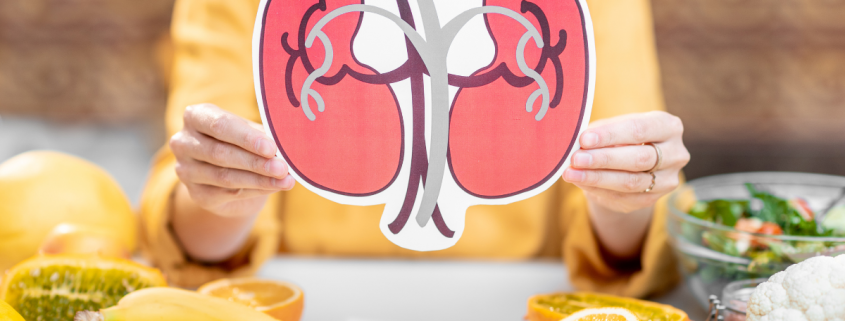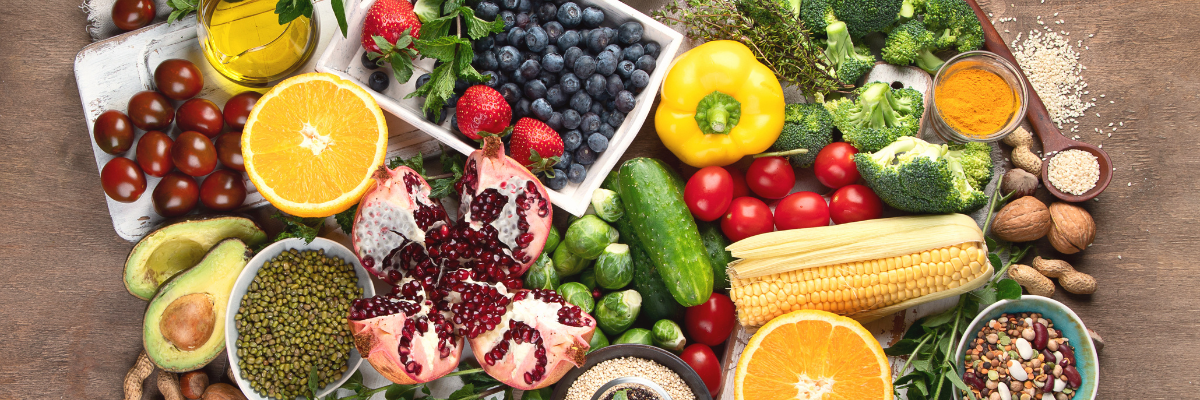The Most Common Causes of Kidney Diseases And How To Prevent Kidney Failure
Do you have kidney problems? Are you suffering from kidney failure? Or are you concerned that your senior loved one is struggling with such ailments? Kidney diseases and even kidney failure are quite common in the elderly. Therefore, it is worth knowing a little about it. What are the causes of kidney disease? What should you eat in order not to strain diseased kidneys? How to prevent kidney failure? And can kidney disease be reversed? After reading this article, the subject of kidney disease will have no secrets from you.
What are the causes of kidney disease among the elderly?
As we age, everyone’s body becomes less efficient. This is particularly noticeable in people over sixty, that is, seniors. The internal organs age as well as people, which is why they function more and more inefficiently over time. A good example of this is the kidneys, which already age when a person reaches the age of approximately forty. In fact, every ten years the kidneys lose as much as 10% of their capacity. However, it is not only natural wear and tear that influences the development of kidney diseases.
The main cause of kidney disease is, as we have already mentioned, the ageing of the body itself. However, in the case of seniors, it is not only this that affects the risk of disease. Other causes include chronic diseases such as atherosclerosis, hypertension and diabetes, as well as generally reduced immunity. You should be on your guard if you are taking nephrotoxic drugs, and avoid dehydration, as it is easy to occur in the elderly, and such a state can disrupt kidney function. A suitable diet and avoidance of smoking and alcohol are very important in this regard, as these are also causes of kidney disease.
The most common symptoms of kidney troubles in the elderly
Here are the most prominent first symptoms of kidney trouble in seniors:
- sudden weight loss
- anaemia,
- fatigue and sluggishness, sleep problems,
- lack of appetite,
- nausea, vomiting,
- bone and joint pains.
If you notice any of the above symptoms make an appointment with a nephrologist or suggest it to a senior close to you. The specialist diagnoses the problem and will be able to select the appropriate treatment. What matters here is that the disease is diagnosed as soon as possible, so do not delay.
In the later stages of the disease, even dialysis or transplantation may be necessary. As long as the kidneys have not yet been permanently damaged, there is a good chance that medication will suffice.
Chronic kidney disease treatment
Wondering what chronic kidney disease treatment looks like? Making sure the senior takes the prescribed doses of medication and keeping dialysis appointments is vital. However, the most important thing is a proper diet. An elderly person’s daily menu should be based on whole-grain bread, pasta, cereals, potatoes and vegetables. Fruit is allowed, but not in excess.
The diet for kidney disease must be low in protein and high in vitamin D3.
It is good to watch out for potassium in foods. Its excess can cause hyperkalaemia, dangerous for diseased kidneys. It is, therefore, better to exclude chocolate, cocoa, apricots, nectarines and citrus from the diet. It is also important that the client drinks an adequate amount of fluids. In the case of peritoneal dialysis patients, one must still include ultrafiltration, in other words, whatever volume of fluids has been removed by dialysis needs to be supplemented.
How to prevent kidney failure?
As you know, prevention is better than treatment. When it comes to the kidneys, it is no different. And here, too, it all starts in the kitchen. The most important thing in the prevention of kidney failure and other diseases is a well-composed diet.
Taking care of the kidneys and reducing the strain on them requires limiting the intake of sodium, potassium and phosphorus, as well as limiting the intake of alcohol and salt.
Kidney failure in the elderly is a serious problem, so it is worth following the following dietary recommendations:
- Eat smaller portions of foods high in protein at meals and for snacks.
- Eat fresh fruit and vegetables.
- Ask your doctor about the use of phosphate-binding preparations at meals.
- Avoid processed foods that contain added phosphorus, sodium or potassium.
- Limit milk and dairy products.
- Avoid salt substitutes and spices that contain potassium, sodium or phosphorus.
If you follow the aforementioned recommendations, you should enjoy healthy kidneys for longer. Good luck!















